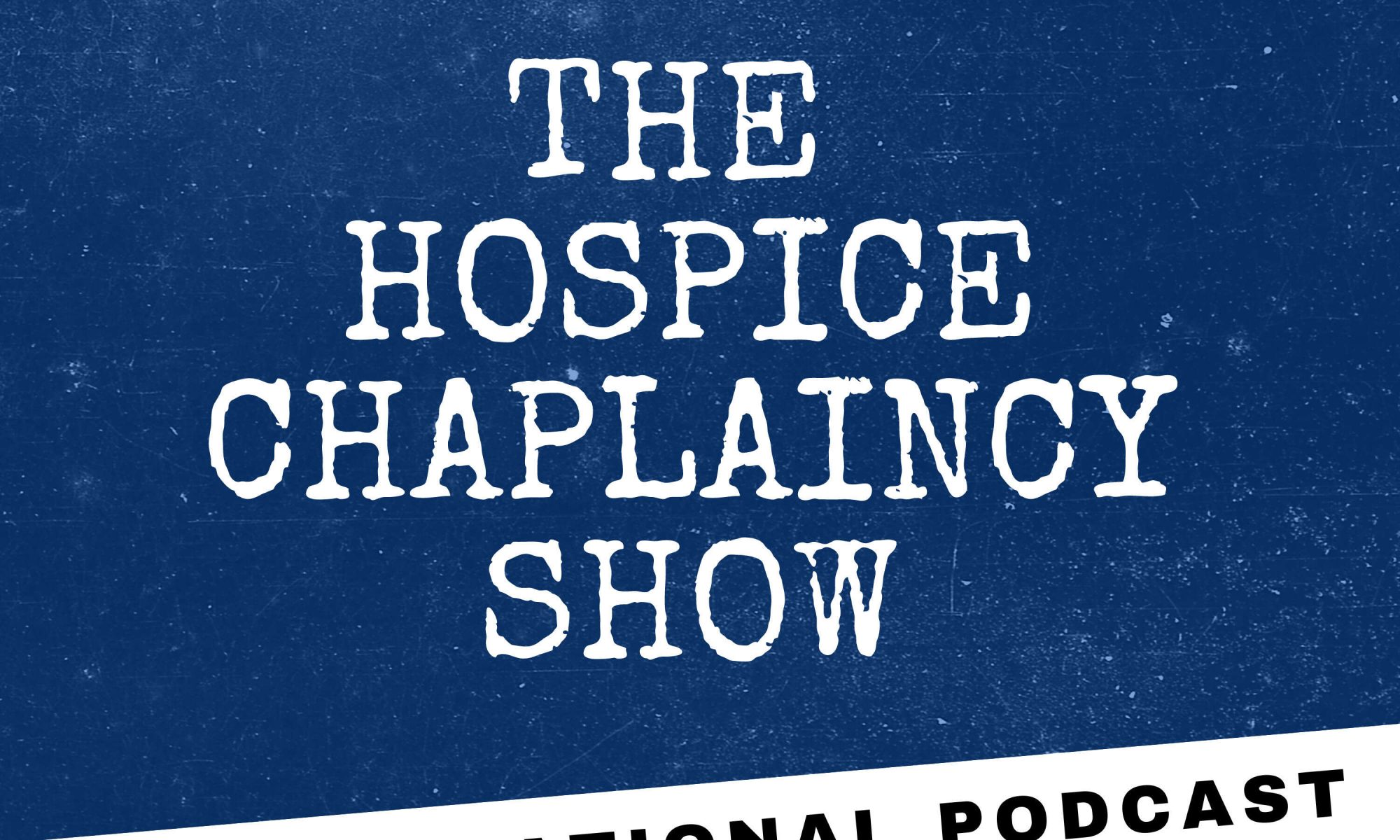In today’s episode, our hosts Joe Newton and Saul Ebema sit down to talk with Erik Cremeans. Erik shares his journey from childhood and the lessons he has learned along the way that influence his work as a professional hospice chaplain.
Chaplain Erik is also a theologian, a thinker and a short story writer. He looks at himself as a curator of people’s stories and in his writings, he captures the beauty within those bedside narratives. Here is a piece he wrote for; https://hospicechaplaincy.com/2020/02/16/stone-the-crow-a-chaplains-reflection-on-death-and-dying/


